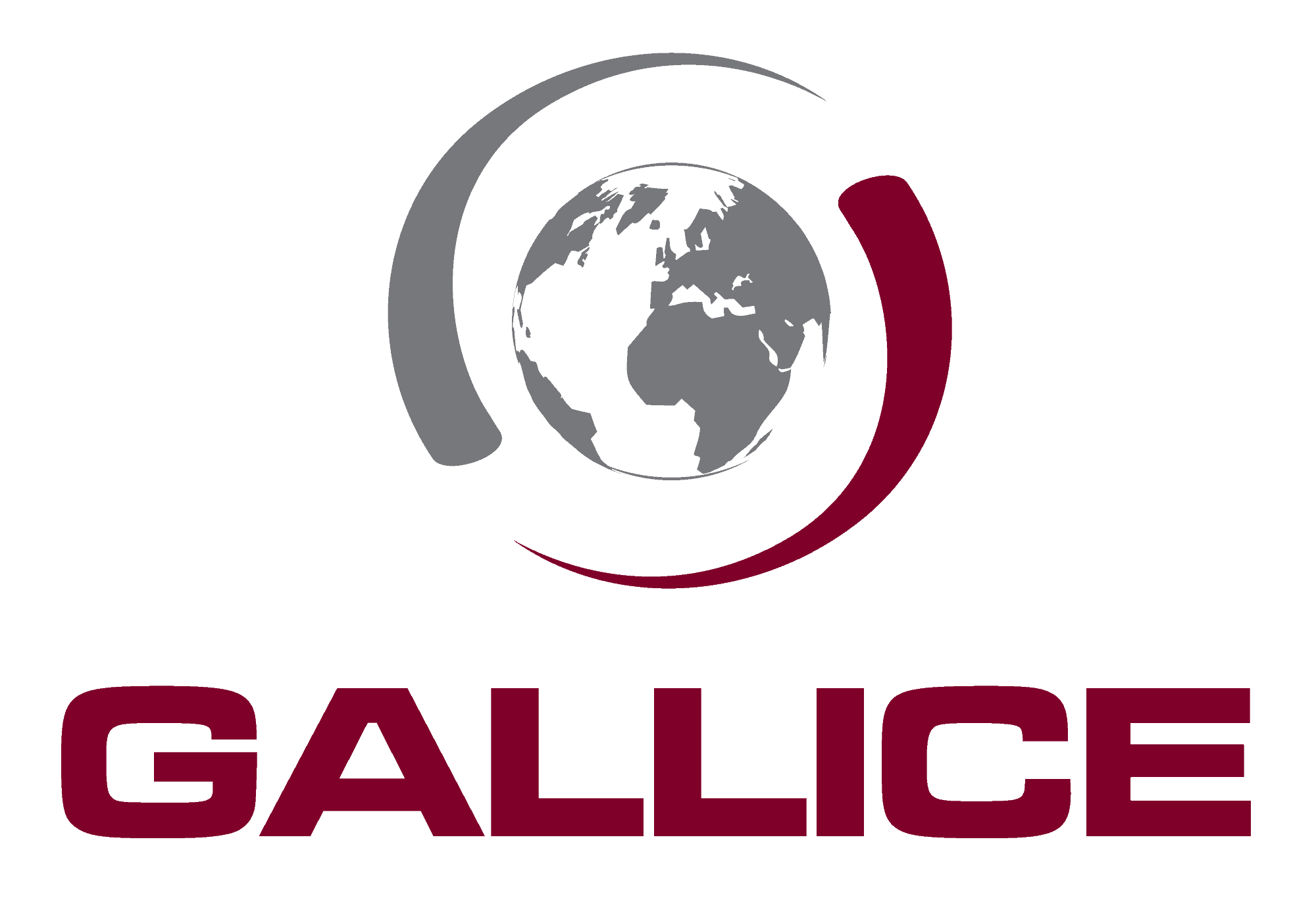RUSSIA
The security situation in the Russian Federation remains highly degraded in 2025, due to the war in Ukraine, growing internal tensions, and the radicalisation of the Russian repressive apparatus.
Since the invasion of Ukraine in February 2022, the conflict has intensified. In 2024, Ukrainian strikes on Russian soil multiplied, targeting regions such as Belgorod, Kursk, Bryansk, and Rostov, as well as military objectives in Crimea, Engels, and Saratov. Although primarily aimed at military infrastructure, these strikes have sometimes affected civilians or disrupted critical services (electricity, water, transport), making these areas particularly unstable.
Border regions with Ukraine must be strictly avoided: military presence is high, controls are reinforced, and foreigners risk being perceived as spies or agents.
Organised crime is widespread, especially in major cities, where extortion, kidnappings, scams, and assaults often target Western foreigners and perceived vulnerable individuals.
Racist or homophobic violence is common, especially in the provinces, and may sometimes be perpetrated or tolerated by law enforcement.
The high level of police corruption remains a concern: complaints may be refused, arbitrary arrests made for blackmail purposes, and abusive checks are frequent.
The Russian Caucasus remains an area of extreme caution, particularly:
Chechnya, Ingushetia, Dagestan, Kabardino-Balkaria, Karachay-Cherkessia, North Ossetia, and the Stavropol Krai.
These territories are subject to constant security pressure, a massive presence of Russian special forces, and risks of attacks, kidnappings, and unexploded munitions.
Since 2022, Russia has severely restricted public freedoms:
Total media control,
Reinforced internet censorship,
Criminalisation of war criticism or regime dissent,
Mass arrests of activists, artists, opposition members, and foreign journalists.
Western nationals — particularly French, American, British, German, and Baltic citizens — are frequently monitored, questioned, or expelled, especially if they work in sensitive sectors (NGOs, media, diplomacy, academia). Espionage charges are sometimes made without evidence.
It is strongly advised against travelling to Russia for European nationals, except in cases of absolute necessity. In such cases, extreme caution is required, along with digital security measures, political discretion, and complete avoidance of sensitive regions.
